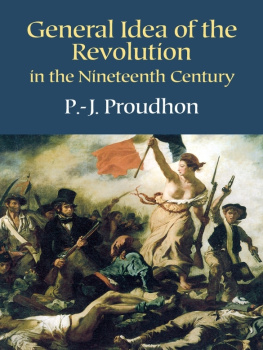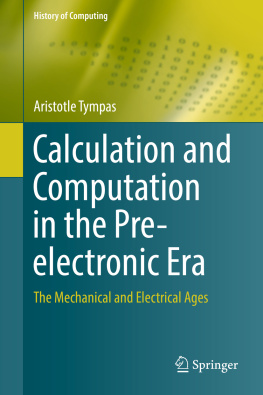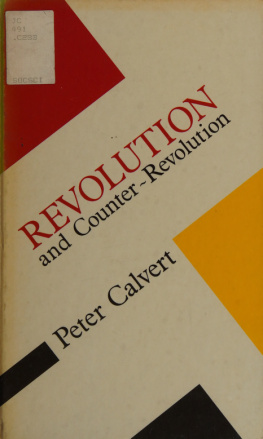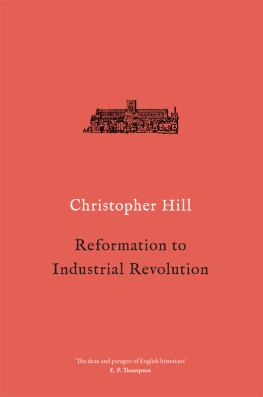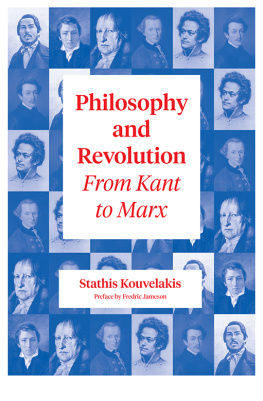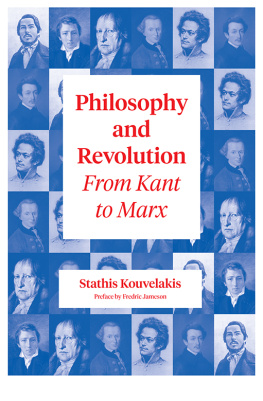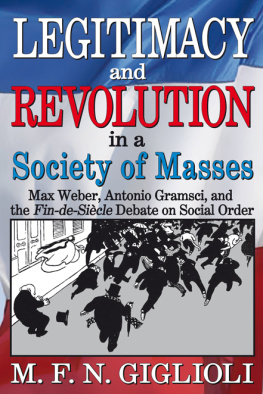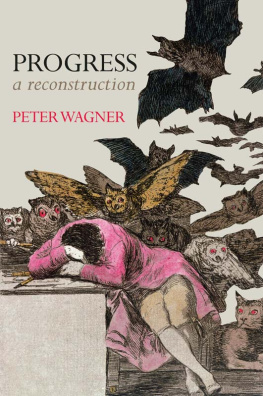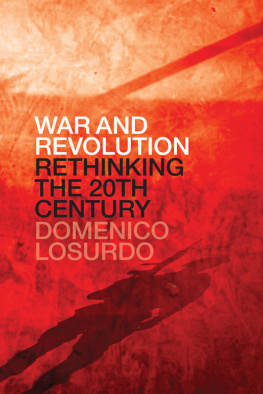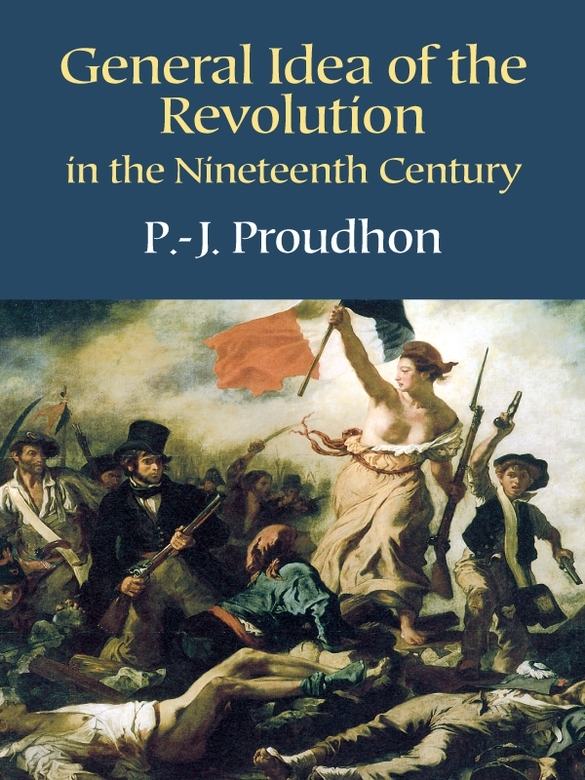EPILOGUE.
S INCE the law of the 31st of May, the Revolution has seemed to keep silence. Not a newspaper has officially espoused its cause: not a voice has boldly and intelligently asserted it. It has moved along only by its own impetus. The Democratic factions which at first rallied to its banner have profited by the forced abstention from revolutionary talk to make a retreat unnoticeably, and to return to their political affiliations. One would say that Socialism, expressed in vaguer and vaguer terms, or represented by vain Utopias, was on the eve of expiring. 1852 was the date set down for its obsequies. The republicans of yesterday undertook to bury it, some in the Constitution of 1848, some in direct government: the Presidency of the Republic was the prize!
But, as the proverb says, the statesman proposes, the Revolution disposes. After universal suffrage had disowned it, as it had already been thrice disowned, it would still not take its departure. It cares as little for the decision of universal suffrage as for the anathemas of Jean Masta. Henri V himself, if it were possible that Henri V could reascend the throne, could only assert the Revolution, as did his great-uncle in 1814. It is Necessity in person, while your constitutions, your politics, and your universal suffrage itself are but the tinsel of the circus. 1852 matters no more to it than 1851, 1849, or 1848: it bursts like a torrent, it rises like the tide, without caring whether you have had time to close your sluice gates.
Of what use is it to trifle with the force of circumstances? Will facts be changed or modified because we have not foreseen them? Will our security be greater because we choose to shut our eyes? It is a policy of the brainless, which the people will judge severely, and of which the upper class will pay the cost!
As for myself, free from all struggles of ambition, devoid of self-seeking, but only too clear as to the future, I propose, as in 1848 I proposed, in the interest of all parties, the course which seems best to me, and I ask you to bear witness of my words. In 1789 everybody was revolutionary, and proud of it; it is necessary that in 1852 everybody should again become revolutionary, and be glad of it. Shall I then still be so sorry that the Revolution should seem as much more terrible, as the picture of it from my pen is more true?
Humanity, in the theologico-political sphere, wherein it has been tossed these six thousand years, is like a society which, instead of being placed on the outside of a solid planet, is shut up inside a hollow one, lighted and warmed by a stationary sun in the centre, and apparently in the zenith for the countries curving around it, like the subterranean world of Virgil. Who knows whether there is not such an arrangement in the infinite variety of worlds? The rings of Saturn are not less extraordinary.
Imagine such a world, wherein all positions are the inverse of our own. Distance would prevent the inhabitants from seeing the boundaries of their situation, while barbarism, war, and lack of means of communication would keep them within their respective limits. For a long time they would imagine that the space above, beyond the sun, was the abode of gods, and that the ground under their feet covered the home of the damned far away. What tales the imagination of their poets would hang upon this! What cosmogonies, what revelations their mystagogues would bring forth, founding upon them religion, morality, and laws.
Nevertheless the progress of civilization, even of conquest, would bring great disturbances to these infernal regions, voyages of circumnavigation would be made: the earth would be traversed in every direction, and mathematical and experimental certainty would be reached that this splendid universe, to which the imagination could assign no limits, was only a hollow globe, several thousand miles in diameter inside; wherein the inhabitants, regarding themselves as perpendiculars at every point of the surface toward the centre, must really stand head to head. These strange news must have created a terrible scandal among the doctors of the ancient religions. Doubtless some Galileo paid with his blood for the glory of having discovered that the world was round, and that there were anticephales.
But what occurred to redouble the anxiety was that, at the same time that ancient beliefs were falling away, it was noticed that the habitable space was not proportionate to the activity and fecundity of the race which was therein imprisoned; the world is too small for the humanity which works it; air is lacking, and after some generations, we shall die of hunger!
Then these men who at first had regarded their orb as infinite, and had sung its praises, now found themselves imprisoned like a nest of beetles in a clod of earth; and began to blaspheme God and Nature. They accused the Sovereign Creator of having deceived them; the despair and confusion was frightful. The bolder swore, with terrible imprecations, that they would not stay there. Threatening heaven with eye and fist, they began audaciously to bore into the ground, so well that one day the drill encountering only emptiness they concluded that the concave surface of their sphere corresponded to an external convex surface of an outer world, which they set about visiting.
From the point of view of our political and religious ideas, with which our intelligence is hemmed in as by an impenetrable sphere, we are in exactly the same position as these men, and we have reached the same result.
From the origin of societies, the spirit of man, confined and enveloped by the theologico-political system, shut up in a hermetically closed box, of which Government is the bottom and Religion the top, has taken the limits of this narrow horizon for the limits of a rational society. God and King, Church and State, twisted in every way, worked over to infinity, have been his Universe. For a long time he has known nothing, imagined nothing beyond. At last, the circle has been traversed; the excitement of the systems suggested by this has exhausted him; philosophy, history, political economy, have completed the triangulation of this inner world; the map of it has been drawn; and it is known that the supernatural scheme which humanity contemplates as its horizon, and its limit, is but itself; that, far as humanity may look into the depths of its consciousness, it sees but itself; that this God, source of all power, origin of all causality, of which humanity makes its sun, is a lamp in a cavern, and all these governments made in his image are but grains of sand that reflect the faint light.
These religions, these legislations, these empires, these Governments, this wisdom of State, this virtue of Pontiffs, all are but a dream and a lie, which all hang upon one another and converge toward a central point, which itself has no reality. If we want to get a more correct idea of things, we must burst this crust and get out of this inferno, in which mans reason will be lost, and he will become an idiot.
To-day we have become aware of this. The old world of thought, which for so many centuries has absorbed human speculation, is but one side of that given us to traverse. The drill of philosophy has pierced it here and there; soon we shall be free and clear of our embryonic shell. We are about to gaze on new skies, to see face to face and in its essence, the infinite, Sicuti est facie ad faciem.
When society has turned from within to without, all relations are overturned. Yesterday we were walking with our heads downwards: to-day we hold them erect, without any interruption to our life. Without losing our personality, we change our existence. Such is the nineteenth century Revolution.

